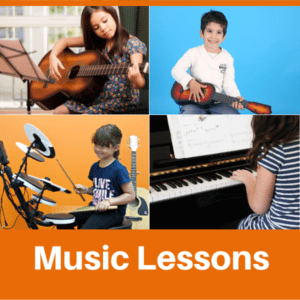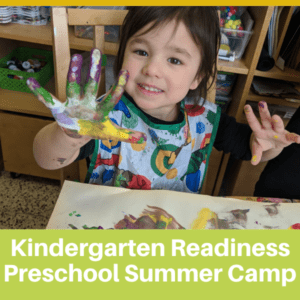Does Risky Play Scare You?
Risky play can sound intimidating and many parents feel the same way. In fact, these concerns are natural, but they also often limit our ability to allow children to fully explore their surroundings and be exposed to new opportunities. Although risky play can sound dangerous and sometimes scary, it is important to remember that it is an essential part of development in several domains.
What Exactly IS Risky Play?
Risky play is exploration/activities involving an element of risk or exposure to new tricky situations (Cevher-Kalburan & Ivrendi, 2015). Risky play does not have to mean playing with sharp knives! It could mean a toddler attempting to balance on stepping stones, or a preschooler climbing the play structure at the park. The point of risky play is to encourage children to try new things, explore, and learn their own capabilities!
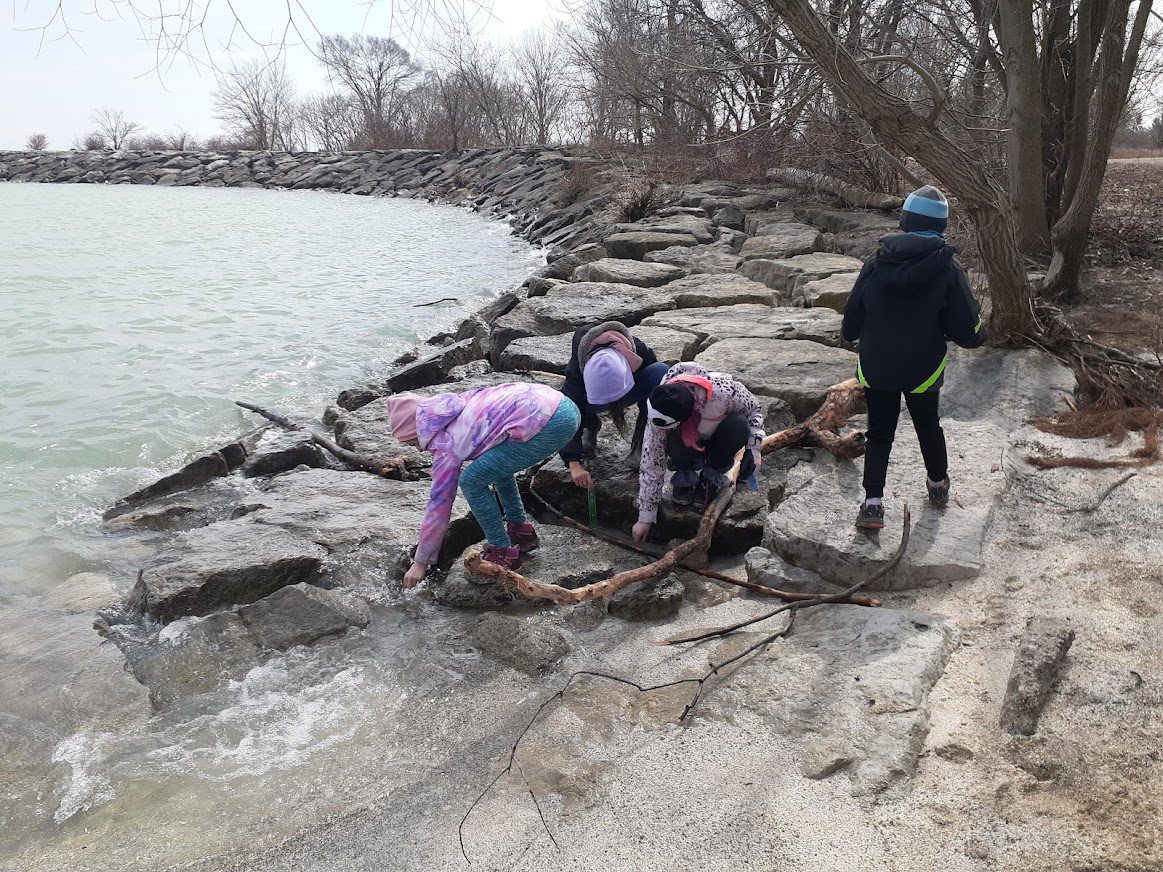
Navigating the Elements
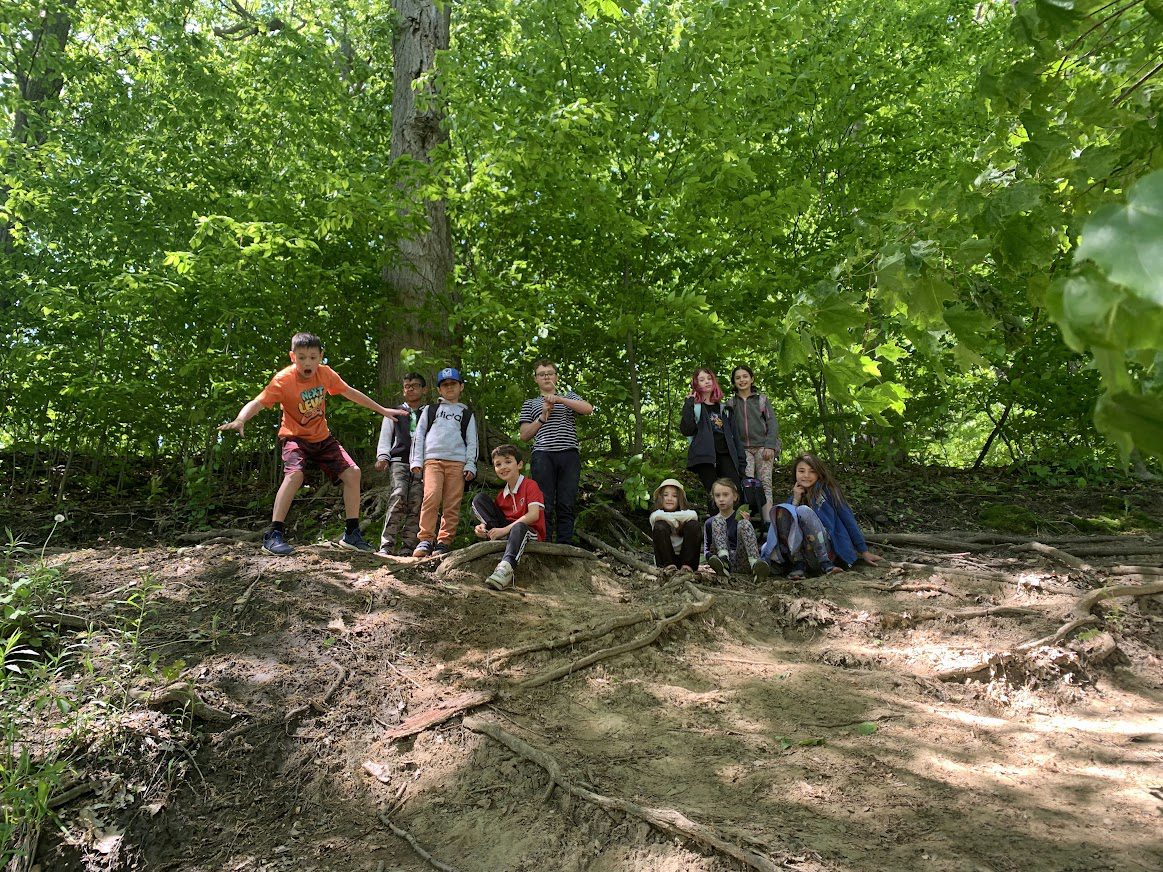
Independent Explorations
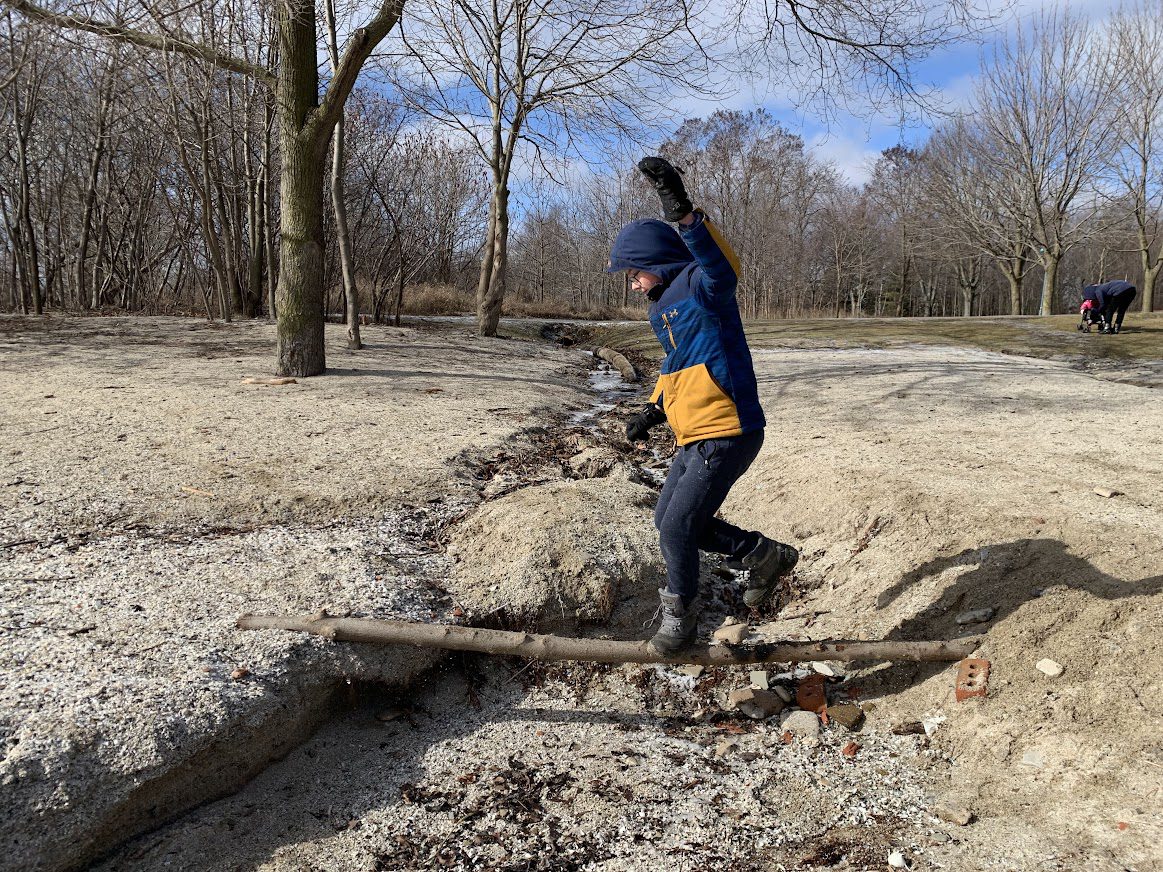
Exploring Balance
Why Is Risky Play SO Important?
Risky play is an essential part of the developing child’s life, it teaches them about the world! It allows children to engage with the environment in a new way, teaching children critical thinking skills, problem solving, along with their own limitations and abilities. Risky play also teaches children gross motor-skills and perpetual-orientation skills (Cevher-Kalburan & Ivrendi, 2015). Risky play does not stop at enhancing physical development, it also helps develop social and psychological development. By engaging in risky play with others, it encourages conflict resolution and communication skills amongst peers through play. Risky play also helps children manage their emotions and confront their fears in a safe environment! Looking at risky play through a psychological lens, taking risks “provides the child with an exhilarating positive emotion and expose the child to the stimuli they previously have feared. As the child’s coping skills improve, these situations and stimuli may be mastered and no longer be feared” (Sandseter & Kennair, 2011).
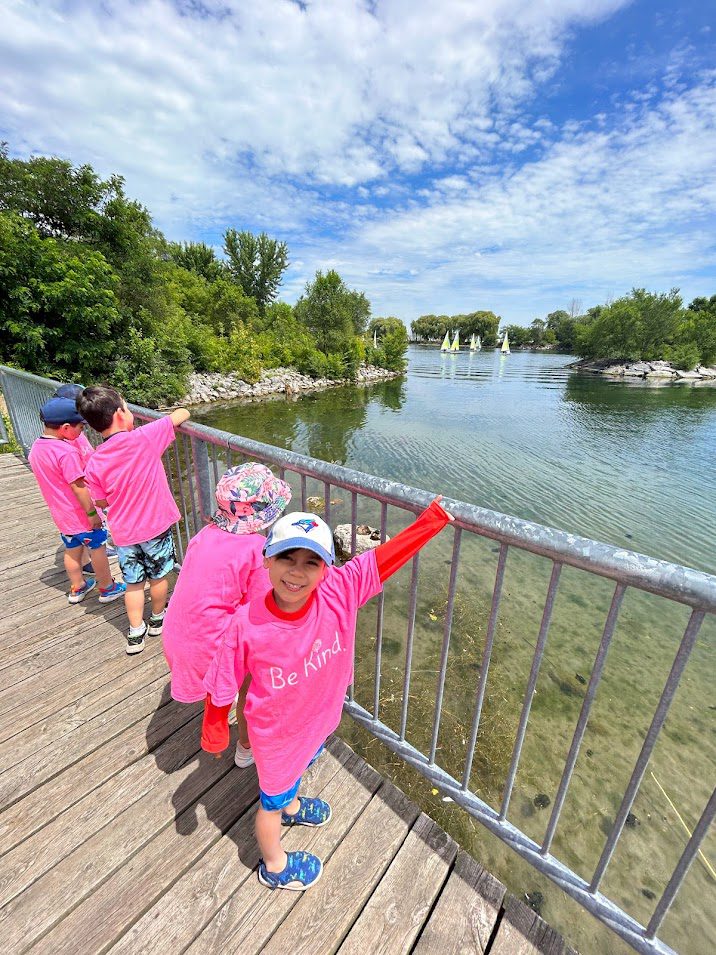
Picking Flowers
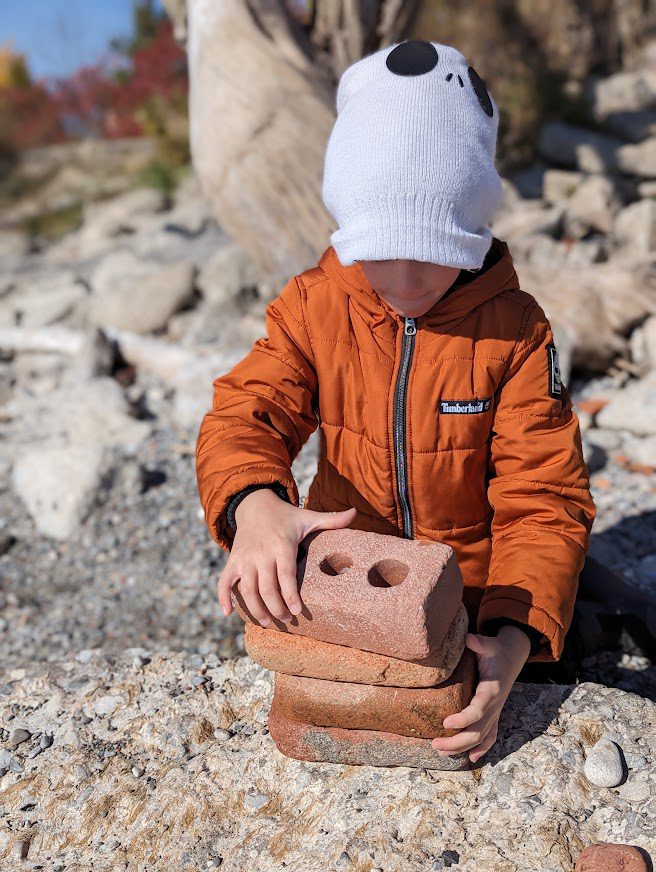
Using Tools
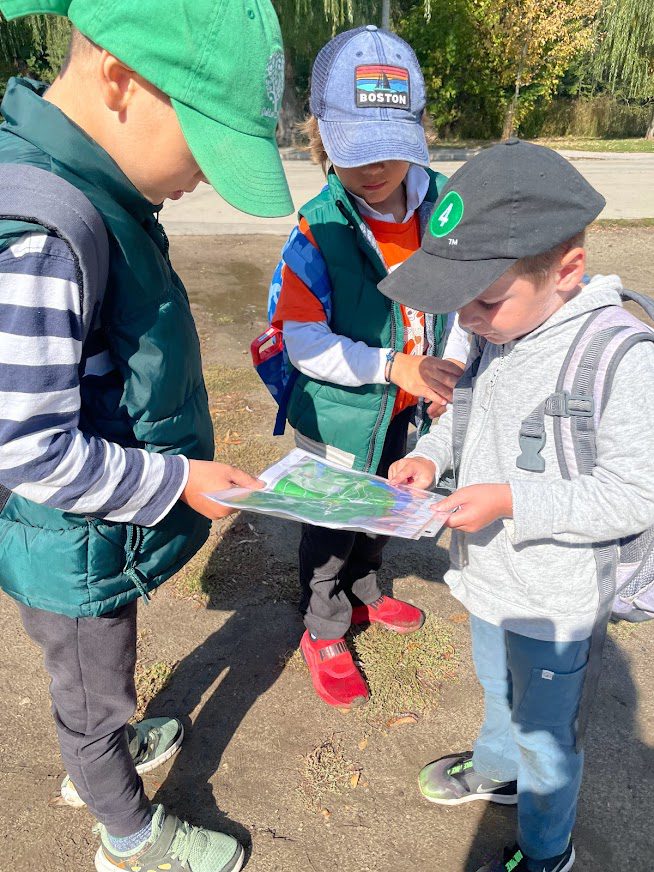
Navigating the Computer
Outdoor Education
Outdoor education is available anywhere outside! It can be a playground, a community garden, your backyard, or in the schoolyard. The important thing is- children get to explore OUTDOORS! Outdoor education is a growing concept that more and more people are beginning to appreciate, and rightfully so. Outdoor education provides a ton of benefits for children. Its proven to help children retain more information for longer periods of time, reduce anxiety/stress, reduce sedentary behaviour, and connects children to their surrounding community (Ayotte-Beaudet, 2022), and most importantly, its exciting for the children!
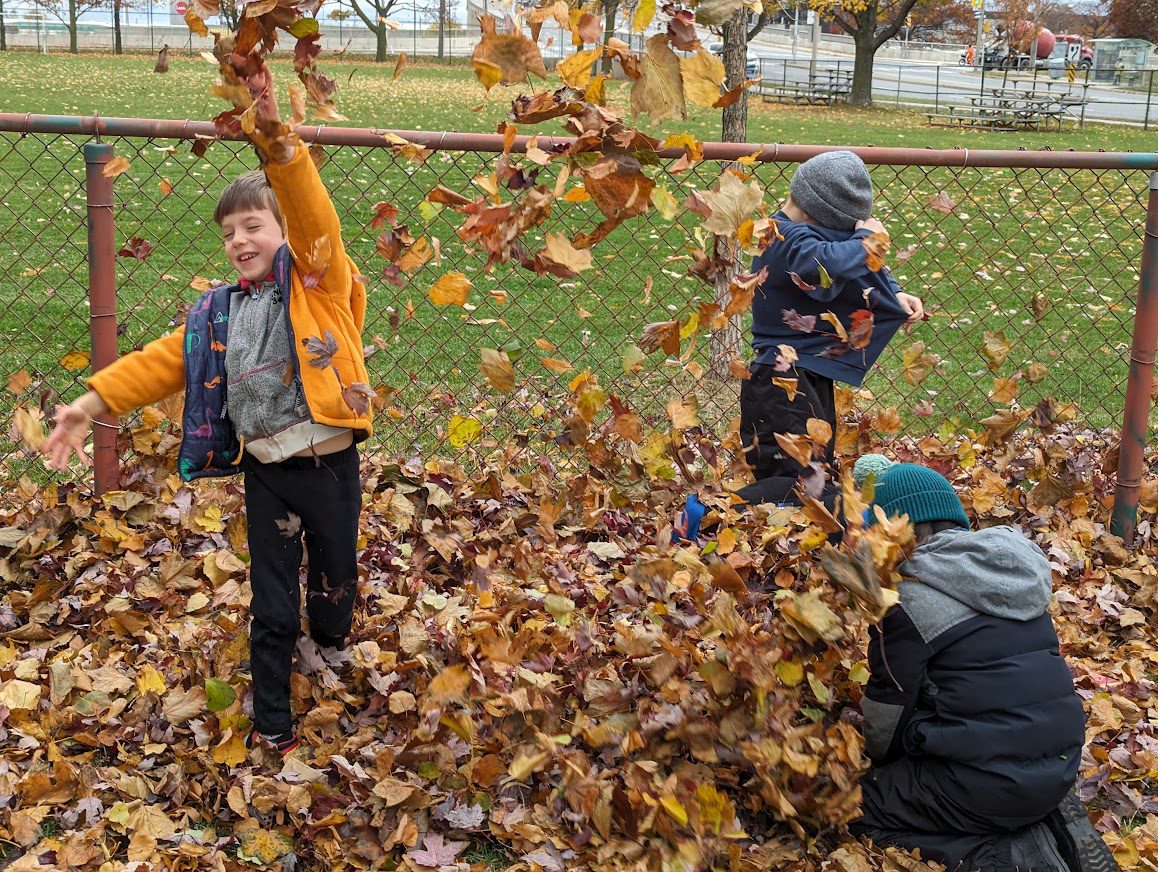
Rough and Tumble Play
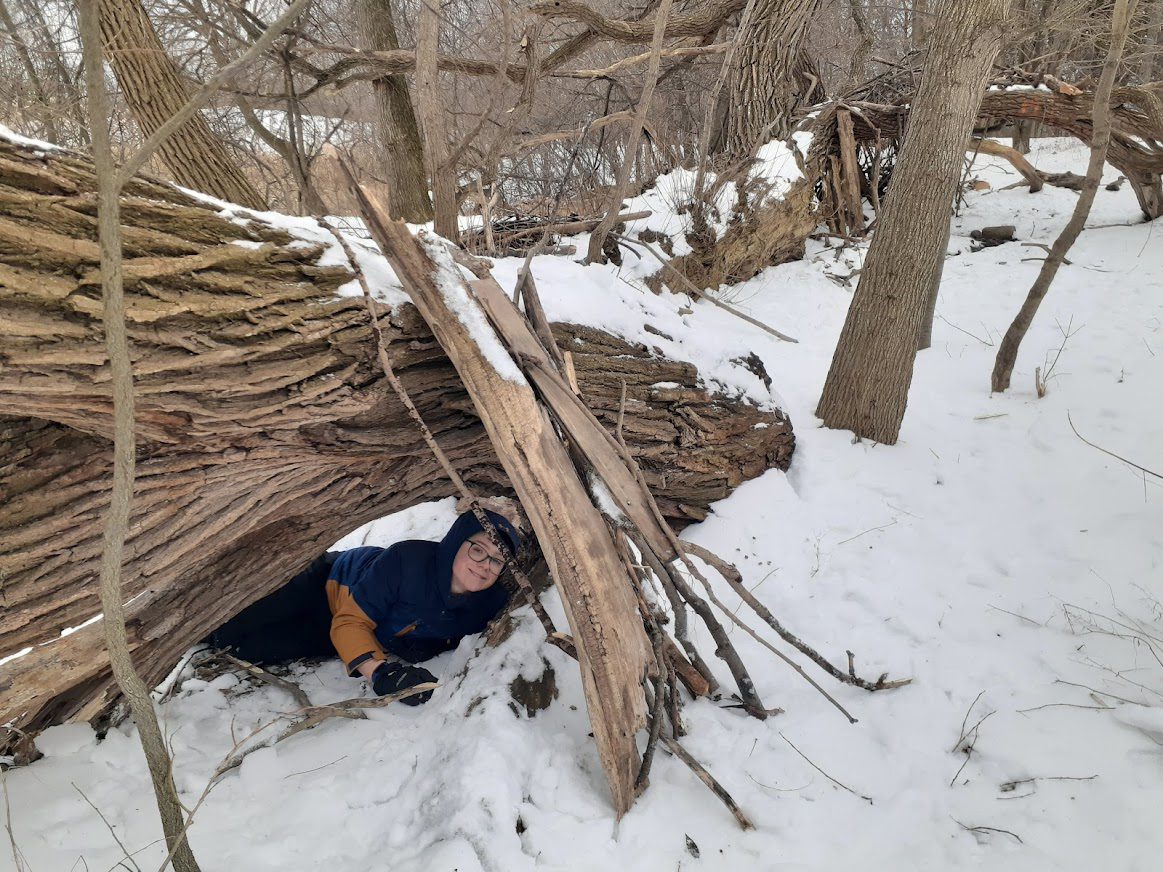
Enjoying All-Weather Play
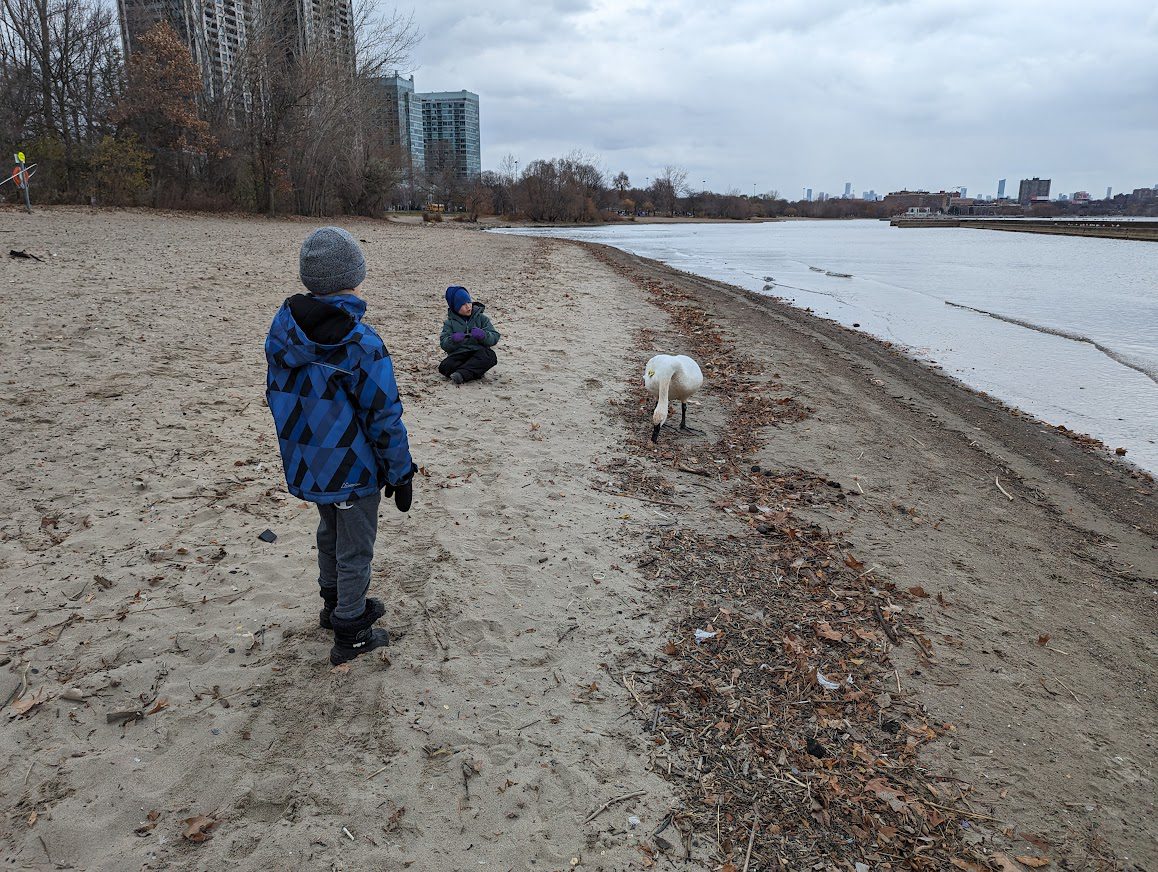
Interacting with the Ecosystem
Researched and Authored by: Ashley Morton
Photo Credit to Oak Learners.
For more fun Outside Activities and Oak Learners fun check us out on Instagram and Pinterest
Looking for more? Check out our Outside Activities Archives
Or, sign up for our newsletter below for school updates.
Get updates on new classes, hosted events, and more.


